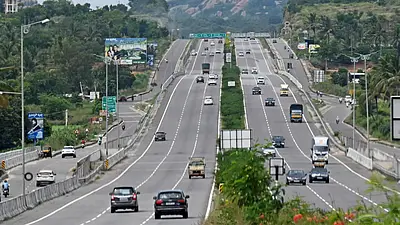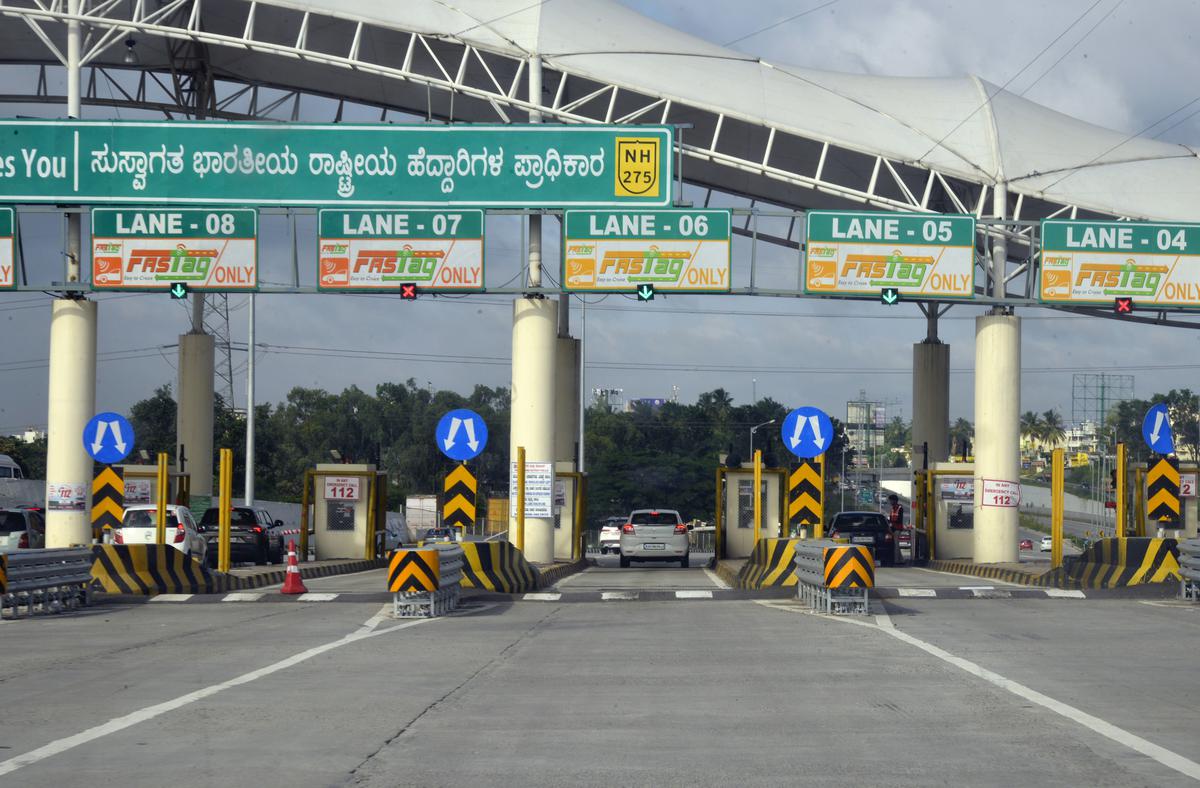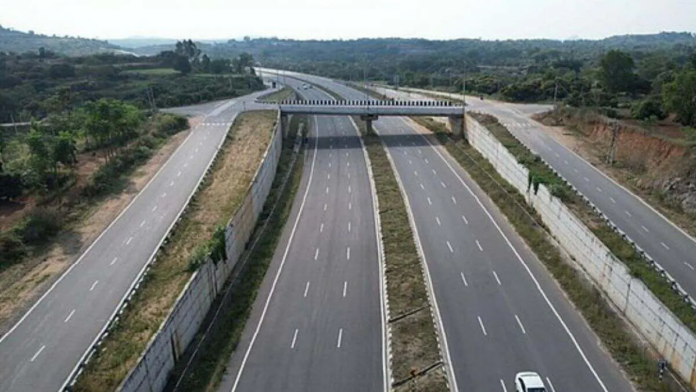The Bengaluru-Mysuru highway is set to undergo a significant transformation with the introduction of a closed toll system by mid-2027. This long-awaited upgrade aims to streamline toll collection, enhance commuter convenience, and improve revenue efficiency for the National Highways Authority of India (NHAI). The project, which has entered the tendering stage, will see the installation of toll booths at 28 strategic points along the highway.
What Is the Closed Toll System?
A closed toll system is designed to charge motorists based on the distance traveled rather than a flat fee. This method ensures fairness, as drivers pay only for the portion of the highway they use. The system involves entry and exit points equipped with advanced tolling technology, including automatic number plate recognition (ANPR) and electronic toll collection systems.
Significance of the Bengaluru-Mysuru Highway
The Bengaluru-Mysuru highway is a vital arterial road that connects Karnataka’s capital, Bengaluru, with the cultural hub of Mysuru. It serves as a key route for commuters, tourists, and freight transport. Over the years, increasing traffic volumes have necessitated infrastructure upgrades, including the recent expansion into a 10-lane expressway.

The implementation of the closed toll system represents another major step in enhancing the highway’s functionality.
Toll System Implementation Timeline
According to NHAI, the closed toll system is expected to be operational by mid-2027. The tendering process has already begun, and construction is likely to commence soon. Once completed, the system will include:
- 28 Toll Booths: Strategically placed entry and exit points to facilitate seamless toll collection.
- Advanced Technology: Integration of ANPR cameras and Fastag-enabled systems for efficient operations.
- Reduced Congestion: Streamlined tolling processes to minimize wait times and enhance commuter experiences.
Benefits of the Closed Toll System
The introduction of a closed toll system on the Bengaluru-Mysuru highway offers several advantages:
- Fair Pricing: Charges based on distance traveled ensure fairness for all highway users.
- Reduced Congestion: Automated toll collection reduces delays at toll plazas.
- Enhanced Revenue Collection: Accurate tracking of vehicle movements helps prevent revenue leakage.
- Environmental Benefits: Reduced idling at toll booths leads to lower fuel consumption and emissions.
Challenges and Concerns
While the closed toll system brings numerous benefits, its implementation also poses challenges:
- Cost of Installation: High initial investment for technology and infrastructure development.
- Public Resistance: Drivers unfamiliar with the system may initially resist the change.
- Technology Integration: Ensuring seamless compatibility between existing Fastag systems and new technologies.
To address these challenges, NHAI plans to conduct public awareness campaigns and provide training for toll booth operators.
Broader Impact on Karnataka’s Road Network
The Bengaluru-Mysuru highway project is part of a larger initiative to modernize Karnataka’s road network. Improved highways contribute to economic growth by facilitating trade, tourism, and daily commutes. The closed toll system could set a precedent for similar upgrades on other major highways in the state.

A Game-Changer for Commuters and the Economy
The Bengaluru-Mysuru highway’s transition to a closed toll system is expected to revolutionize the travel experience for millions of users annually. With fair pricing, efficient toll collection, and reduced congestion, the project aligns with India’s broader goals of creating world-class infrastructure.
Once completed, the system will not only enhance commuter satisfaction but also serve as a model for modern tolling practices across the country. The Bengaluru-Mysuru highway is on track to become a benchmark for efficient and sustainable highway management.

